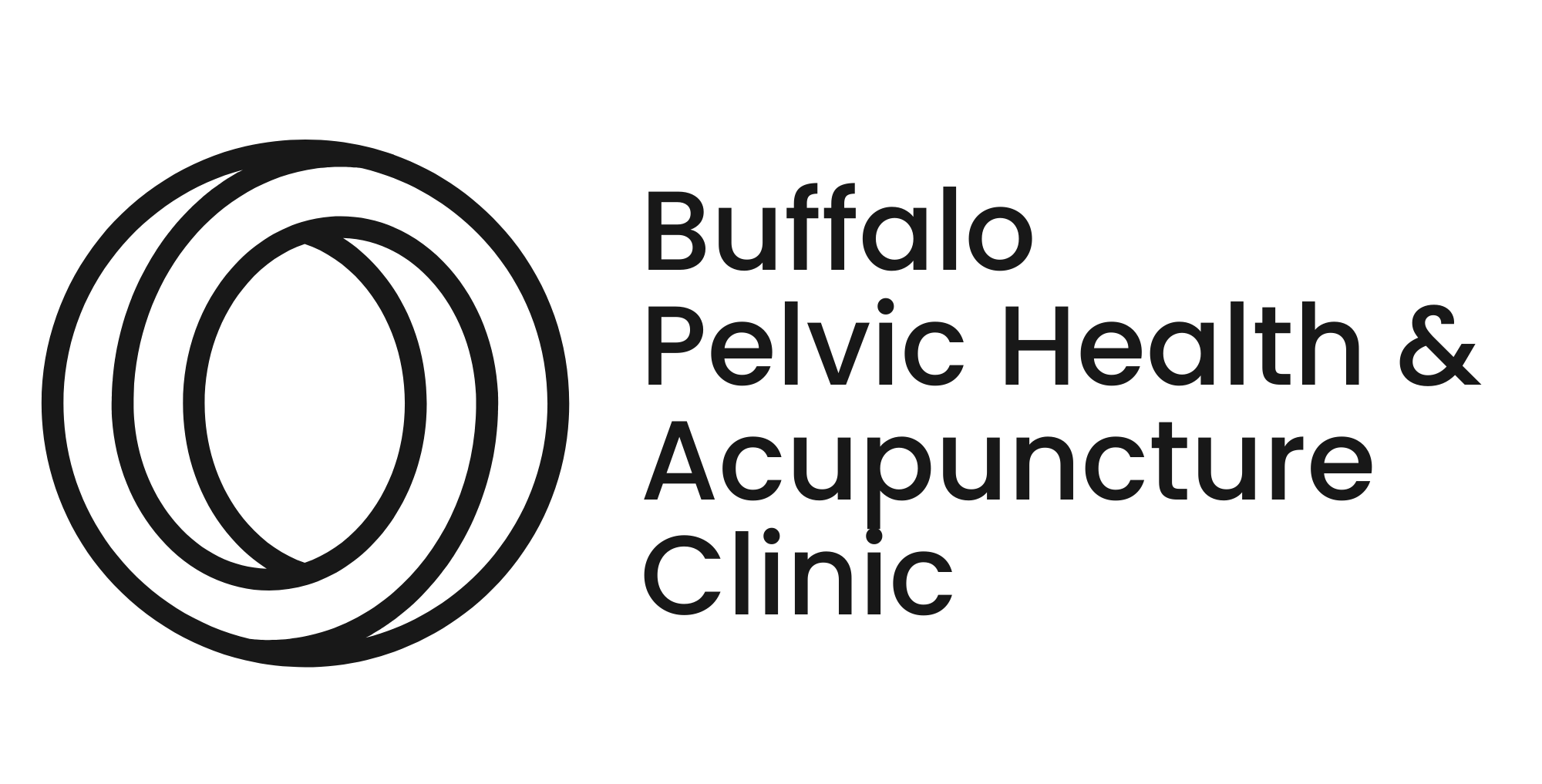Menopause & Acupuncture: A Natural Path to Relief

Menopause marks a significant transition in a woman’s life, often accompanied by symptoms like hot flashes, mood swings, insomnia, and fatigue due to fluctuating hormone levels. While conventional treatments such as hormone replacement therapy (HRT) exist, many women seek natural, non-invasive alternatives. Acupuncture, a cornerstone of Traditional Chinese Medicine (TCM), has emerged as a promising solution for managing menopausal symptoms. Here’s how acupuncture can help and what studies reveal about its effectiveness.
How Does Acupuncture Work for Menopause?
Acupuncture involves inserting thin needles into specific points on the body to restore balance and regulate the flow of energy, or Qi, along meridians. In modern medical terms, this practice:
- Stimulates the Nervous System: Triggering the release of endorphins and neurotransmitters that help regulate mood and reduce pain.
- Balances Hormones: By influencing the hypothalamic-pituitary-ovarian axis, acupuncture can help stabilize hormone fluctuations.
- Improves Blood Circulation: Enhancing oxygen and nutrient flow, which can alleviate symptoms like fatigue and poor sleep.
Evidence Supporting Acupuncture for Menopause
Numerous studies highlight acupuncture’s potential to address menopausal symptoms:
- Hot Flashes and Night Sweats: A systematic review in Menopause journal (2016) found that acupuncture significantly reduced the frequency and severity of hot flashes
- Sleep and Mood Improvements: Research published in Menopause: The Journal of The North American Menopause Society (2015) showed that acupuncture reduced insomnia and anxiety among menopausal women, likely due to its calming effects on the nervous system.
- Hormonal Regulation: A 2020 study in The Journal of Alternative and Complementary Medicine demonstrated that acupuncture influenced estrogen and luteinizing hormone levels, helping to mitigate hormonal imbalances that contribute to symptoms
- Cumulative Benefits: Regular acupuncture sessions were found to have a compounding effect, with women reporting progressive improvements in symptoms over time.
A Holistic Approach
One of acupuncture’s key benefits is its holistic approach, addressing both physical and emotional well-being. In TCM, menopause is often associated with an imbalance in the kidney and liver meridians, which acupuncture aims to harmonize. This perspective encourages a personalized treatment plan tailored to each woman’s unique symptoms.
Manage symptoms of both perimenopause and menopause naturally. Start treatment today with one of our compassionate and skilled acupuncturists. Book online here!
Learn more about how acupuncture works and what it can treat here
